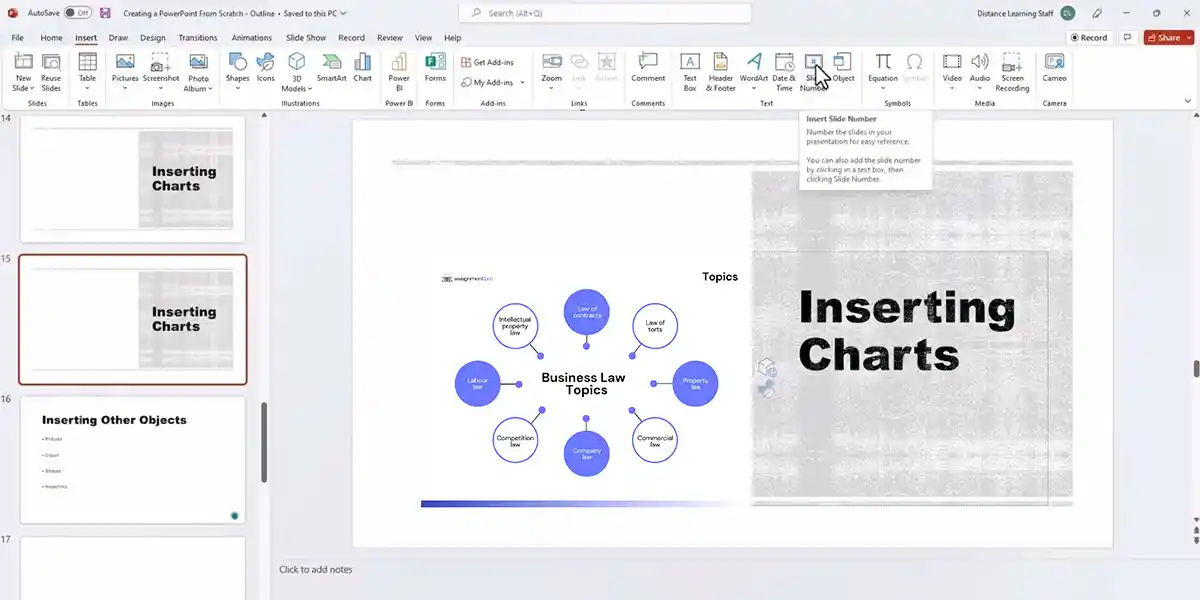
How to Avoid Online Exam Scams
Jan 4, 2024 | 9 Min Read
Do you fear scams with online exams? Have you ever questioned the legitimacy of the exam assistance service such as take my exam you're using? Regrettably, exam scams unfortunately grow in popularity along with online exams. With the popularity of remote tests and online learning, exercising caution and shielding oneself from phony services is critical. Are you prepared to discover how to safeguard yourself and guarantee a reputable exam-taking experience? We'll give you professional advice from "Get Exam Done" in this post to assist students in steering clear of online exam scammers.
An Overview of Exam Scams Online
Illegal websites that demand exorbitant fees to assist you with online exams are the source of online exam scams; once payment is received, the website or teacher fails to reply throughout the exam. In online fraud, dishonest people or websites offer services or help in taking exams on behalf of pupils. They commit fraud by lying, cheating, or producing fictitious findings. Online exam fraud can handle many forms, such as phony exam websites, unapproved test-taking services, and gadgets or software allowing for cheating.
Online exam scam prevention tips
Confirm that the website or service is legitimate: Ensure the website or service is legitimate by conducting extensive research before utilizing it for exam help. Look for evaluations left by previous clients, locate their physical address and phone number, and confirm their qualifications, affiliations, and credentials.
Watch out for ridiculous promises: Websites or services that provide implausible outcomes, including assured high scores or passing grades with little work, should be avoided. Legitimate exam assistance businesses should refrain from making such claims because exam results depend on each student's knowledge and effort.
Be cautious of dubious payment methods: Scams involving online exams frequently demand money in advance or strange payment methods like cryptocurrencies or wire transfers. Avoid responding to such solicitations for cash and opt for safe and reliable ways to make purchases.
Watch out for extremely low prices: Students may be drawn in by online exam frauds that offer incredibly inexpensive service fees. Such offers should be avoided as they could signify phony or subpar services. Select reasonably priced options by comparing prices with those of other reliable exam assistance firms.
Refrain from disclosing private information: Scammers of online exams may ask for private information like credit card numbers, social security numbers, or exam login credentials. Share such confidential information only if you know the website's or service's legitimacy and security.
Seek certification or recommendations: Reputable sources or pertinent organizations may accredit legitimate exam assistance services. Seek out these certifications or recommendations as proof of reliability and reputation.
Look for advice from reliable sources: Before employing any online exam assistance service, get referrals from reliable people, such as academic counselors, professors, or fellow students. Based on their experiences or expertise, they might offer insightful advice.
How to prevent scams with online exams
Be Prepared: Being well-prepared for your tests is the best defense against online exam scammers. Make an effort to attend classes regularly, do your assignments, and review the course materials carefully. Before the exam, ensure you know the format, subject matter, and regulations. Being ready will lessen the desire to turn to dishonesty.
Hire Reputable Sources: For exam preparation, stick to reliable sources like your institution's textbooks, lecture notes, and online resources or respectable educational websites. Steer clear of using unapproved materials and don't accept assistance from dubious sources like internet forums or people offering to take exams.
Be Aware of the Results: Learn about the consequences of participating in online exam fraud. Recognize that cheating has adverse effects on your grades and legal status and that it is unethical. Remember the worth of maintaining your integrity and completing the work necessary for your degree.
Observe the exam guidelines
Observe all exam guidelines and policies established by your university. Refrain from attempting to use technological devices, communicate with others, or access materials that are not authorized to cheat or break any exam regulations. Be truthful and pay close attention to the exam instructions.
Seek Assistance from Reputable Sources: Seek assistance from reputable sources, such as your professors, tutors, or academic advisers, if you require extra support with exam preparation. To help you prepare for your exam, your institution might also offer resources like study guides or exam prep courses.
Resources for reputable Exam-taking guidance
There are several reliable materials available to prepare for an exam. Here are a few instances
Lecture notes and textbooks: Utilize the lecture notes and textbooks your professors have recommended or provided by your university. These are trustworthy information sources that fit the course syllabus.
Online Resources: Study guides, mock tests, and tutorials covering various disciplines are available on numerous reliable educational websites. Get Exam Done, Coursera, Khan Academy, and official websites are examples.
Real-world Illustrations & Case Studies: Examples of real-life online exam scams demonstrate this problem's seriousness and consequences. For example, numerous high-profile instances of online exam cheating were recorded globally in 2020 during the COVID-19 epidemic. For instance, during the national-level engineering entrance exams in India, cheating via online platforms was commonplace, with some students employing remote desktop-sharing software to obtain answers from other sources. There have been allegations of students in the US hiring impostors to take their examinations using Internet services. These illustrations show how common online exam scams are and how important it is to take proactive precautions.
Conclusion
In conclusion, learning is valuable, and cheating devalues education. Always maintain academic integrity and support ethical behavior in online exams and beyond. We can stop online exam scams and keep education equal and legitimate. Get Exam Done experts advise following these measures to avoid online exam scams and protect education. Be careful, be ethical, and let's learn more. Furthermore, Get Exam Done is the best place for students seeking a reliable and expert online exam help service. We understand that relying on a helper who can take online exams and undoubtedly receive better results than you have added to the burden of your academic responsibilities. If you're looking to pay someone to take my exam for me or do my exam, we assist in all academic areas. To make your exam as hassle-free as possible, we provide professional service. We promise to handle your professional transition carefully and support you while you work toward your academic Goals.
Related Blogs

Assignment Guide for Top College Majors...

Conquer Your Real Estate Exam with Our Profi...

Exploring the Writing Pathway with Confidence

How Do You Enhance Assignment Research Skills For Top Grades

How to Avoid Online Exam Scams

How to Deliver an Impactful PowerPoint Presentation Student...

Decision to Enlist Help for Your Online Nursing Exam

The Evolution of Online Exams

The Ultimate Certification Passing Guide

A Student's Complete Guide to Improve Writing Skills